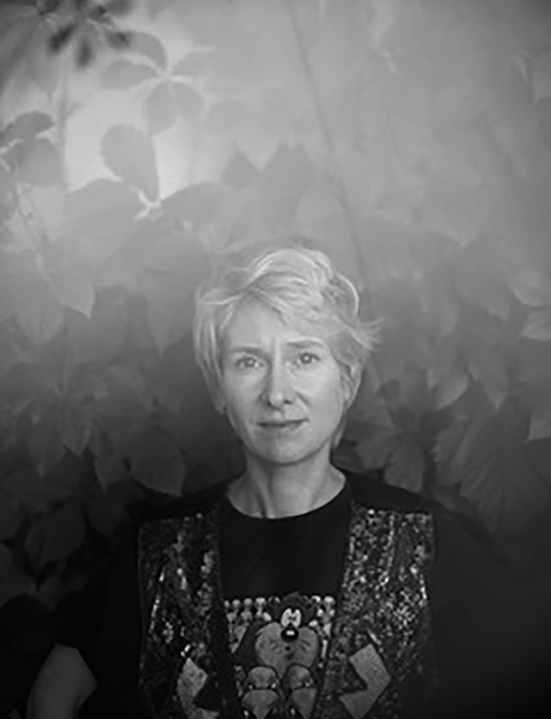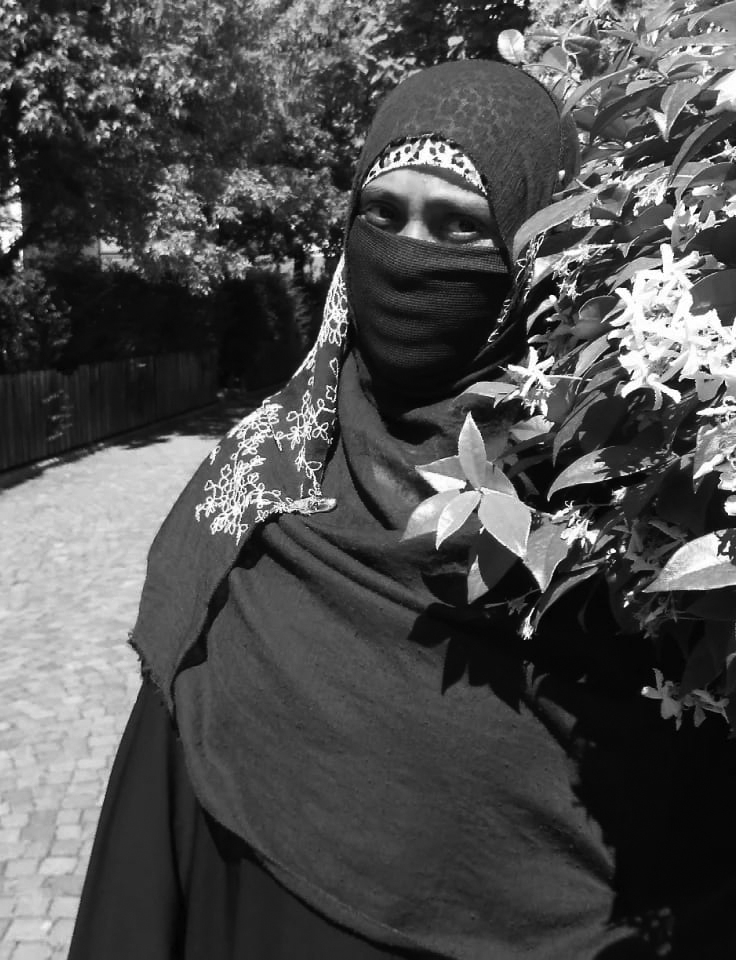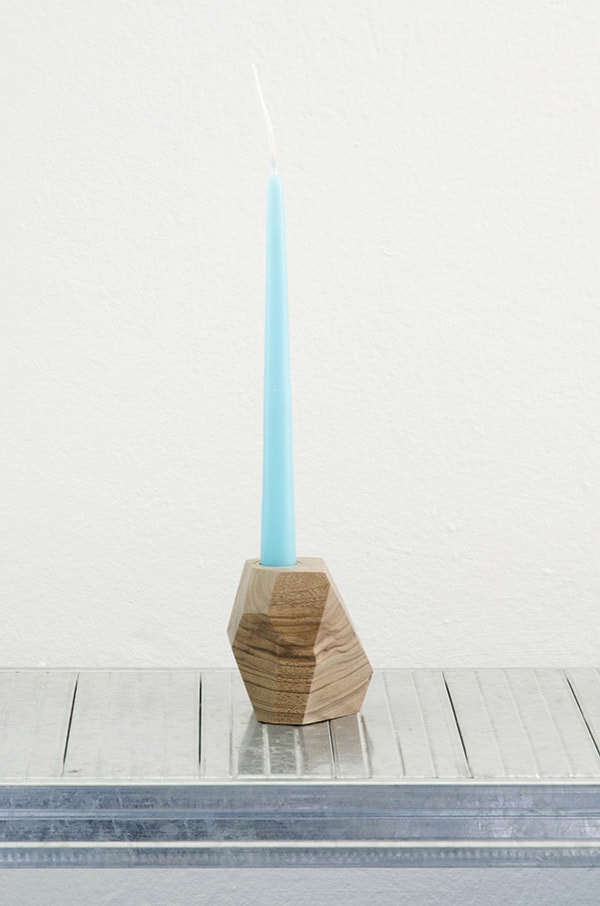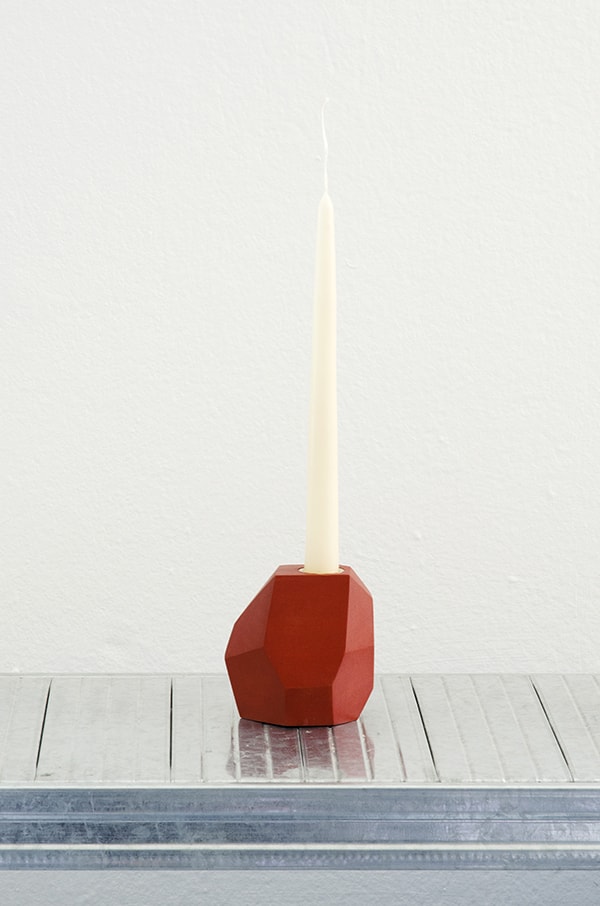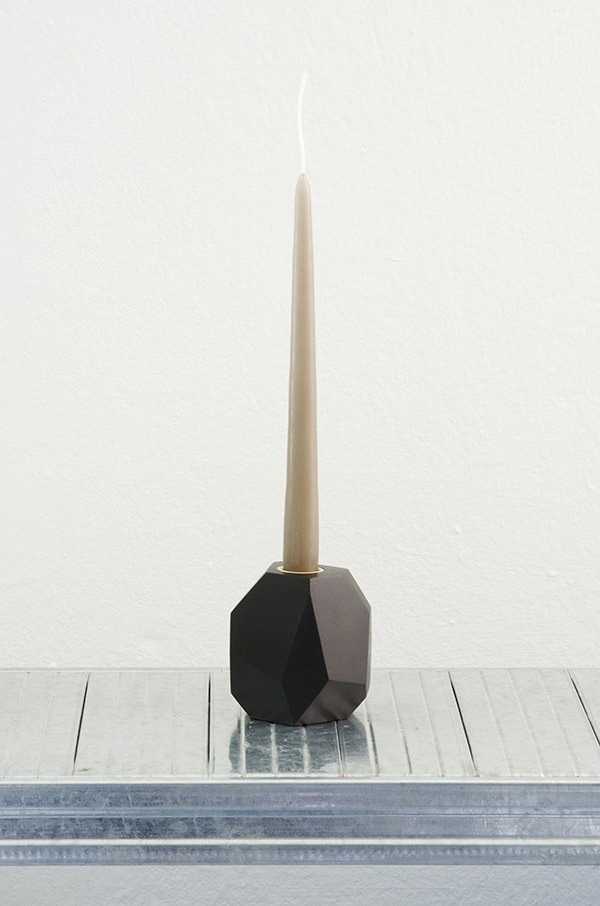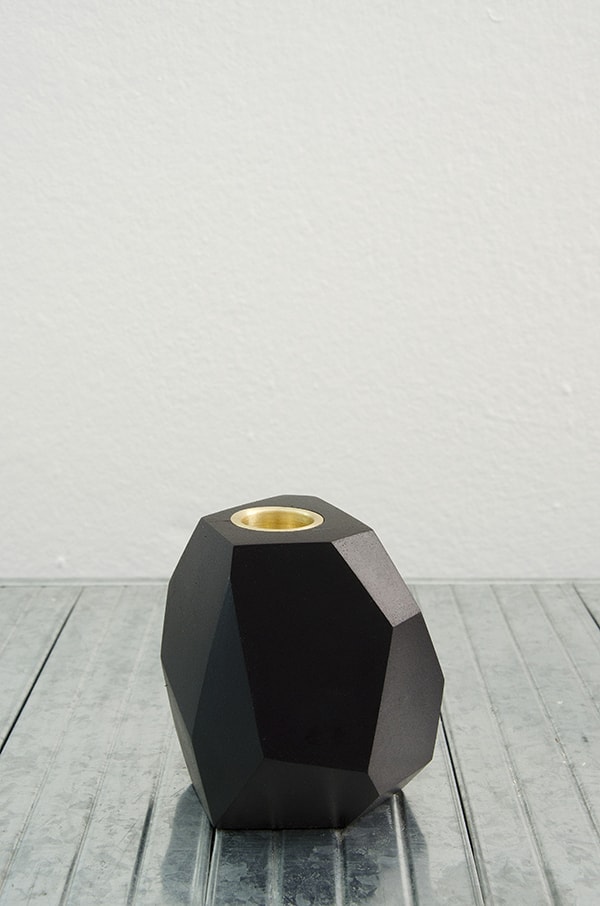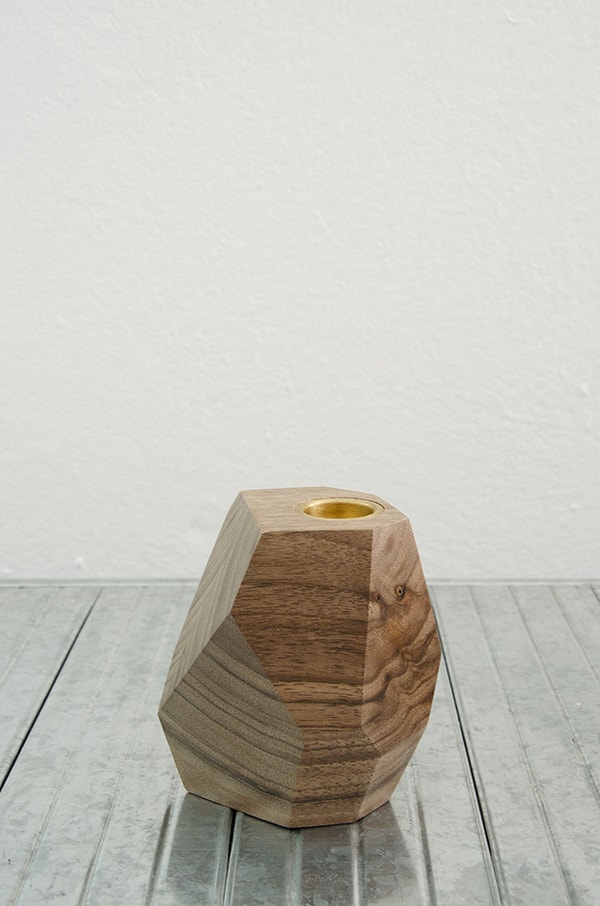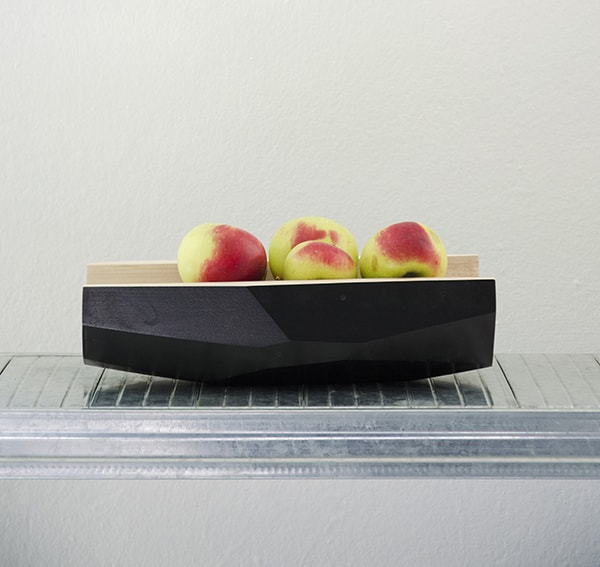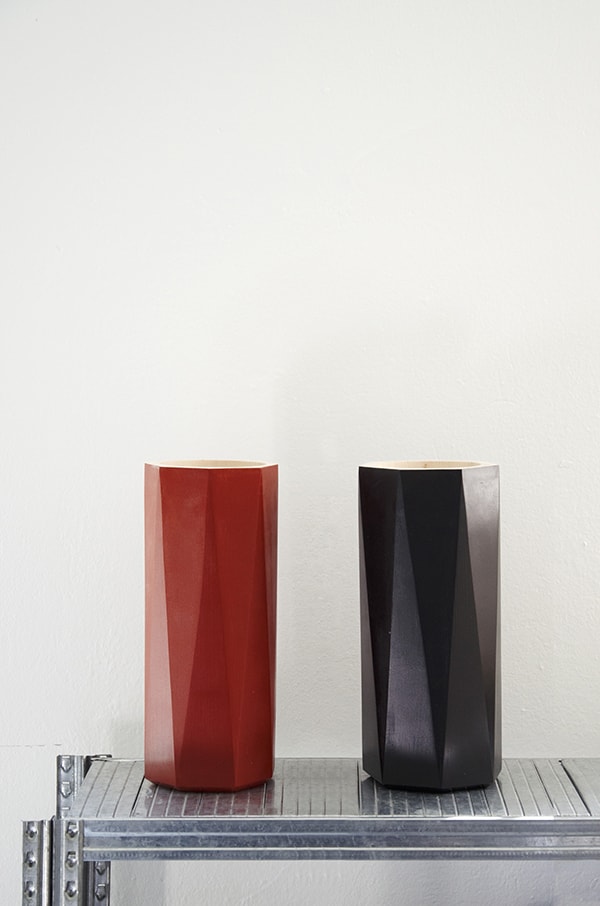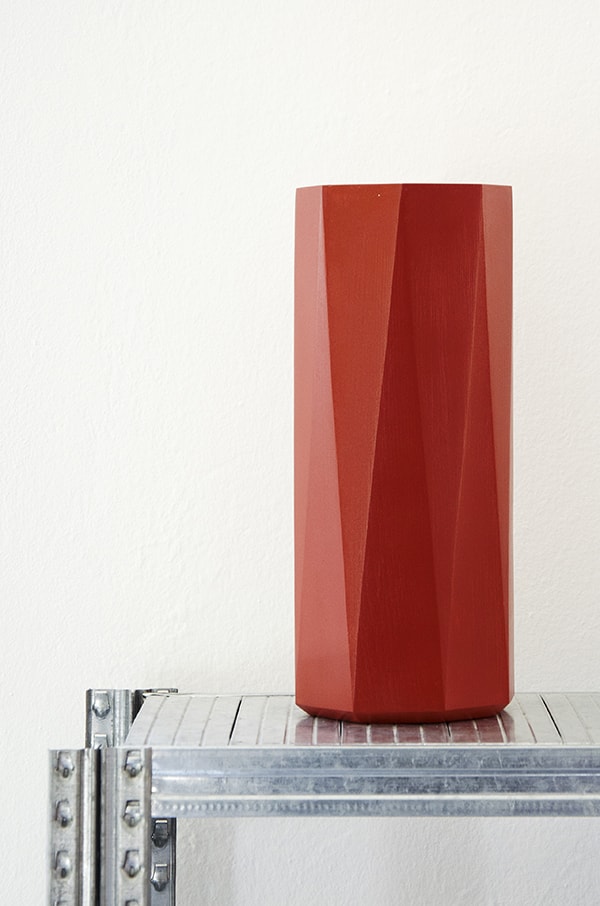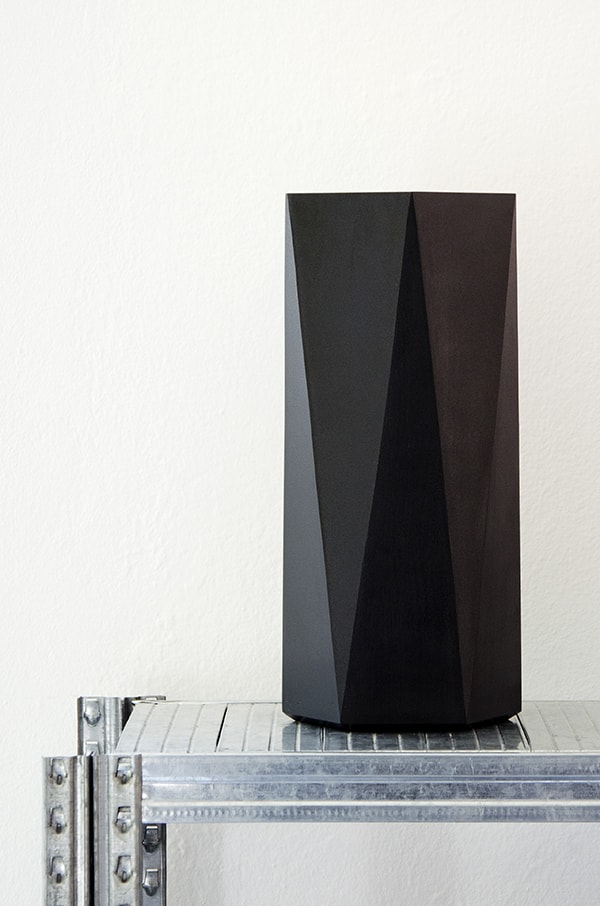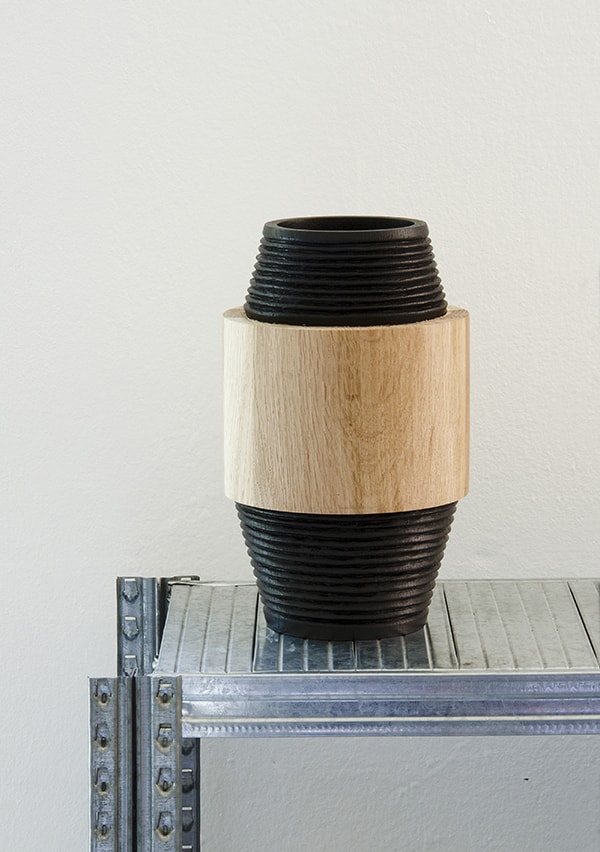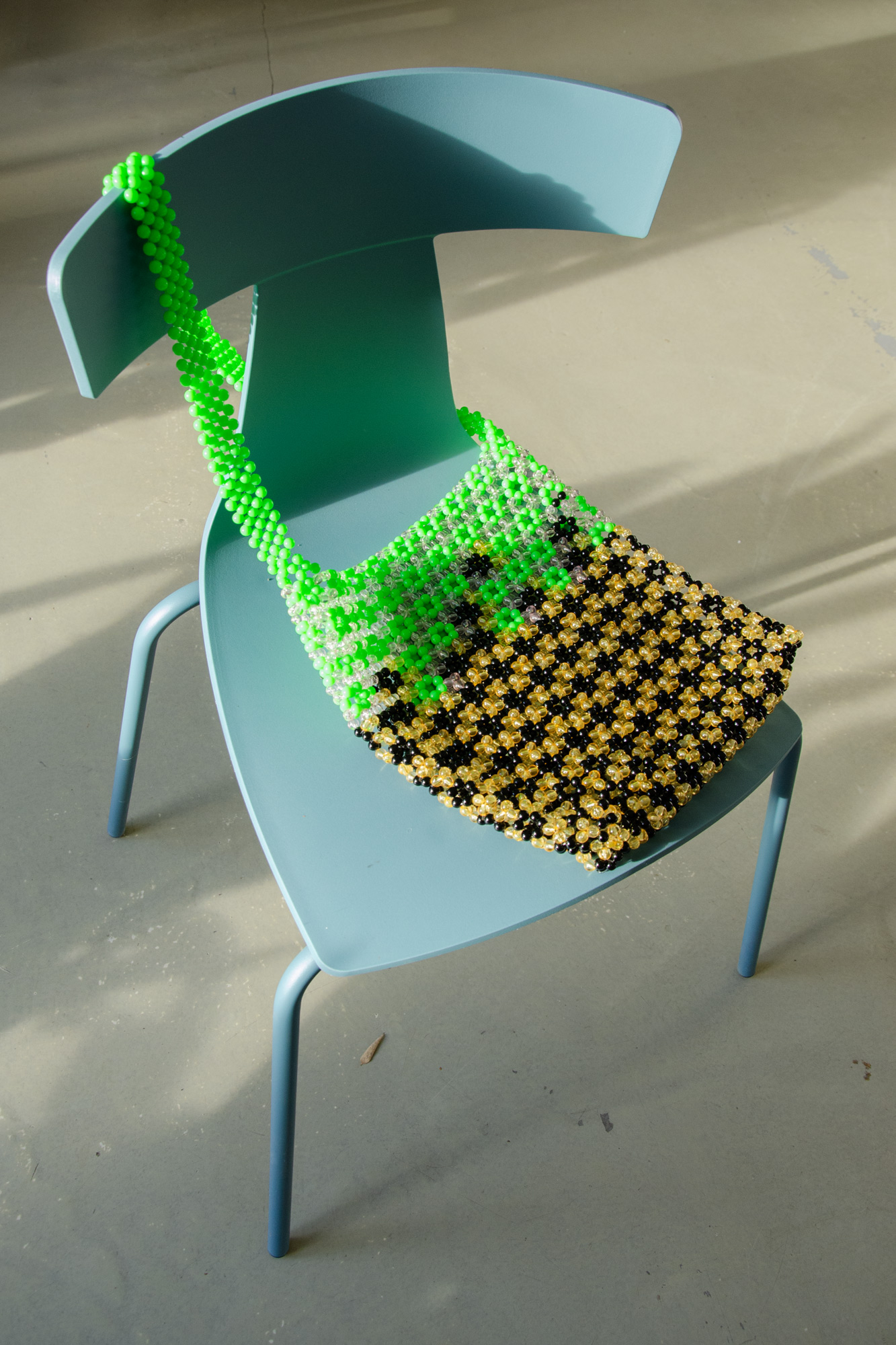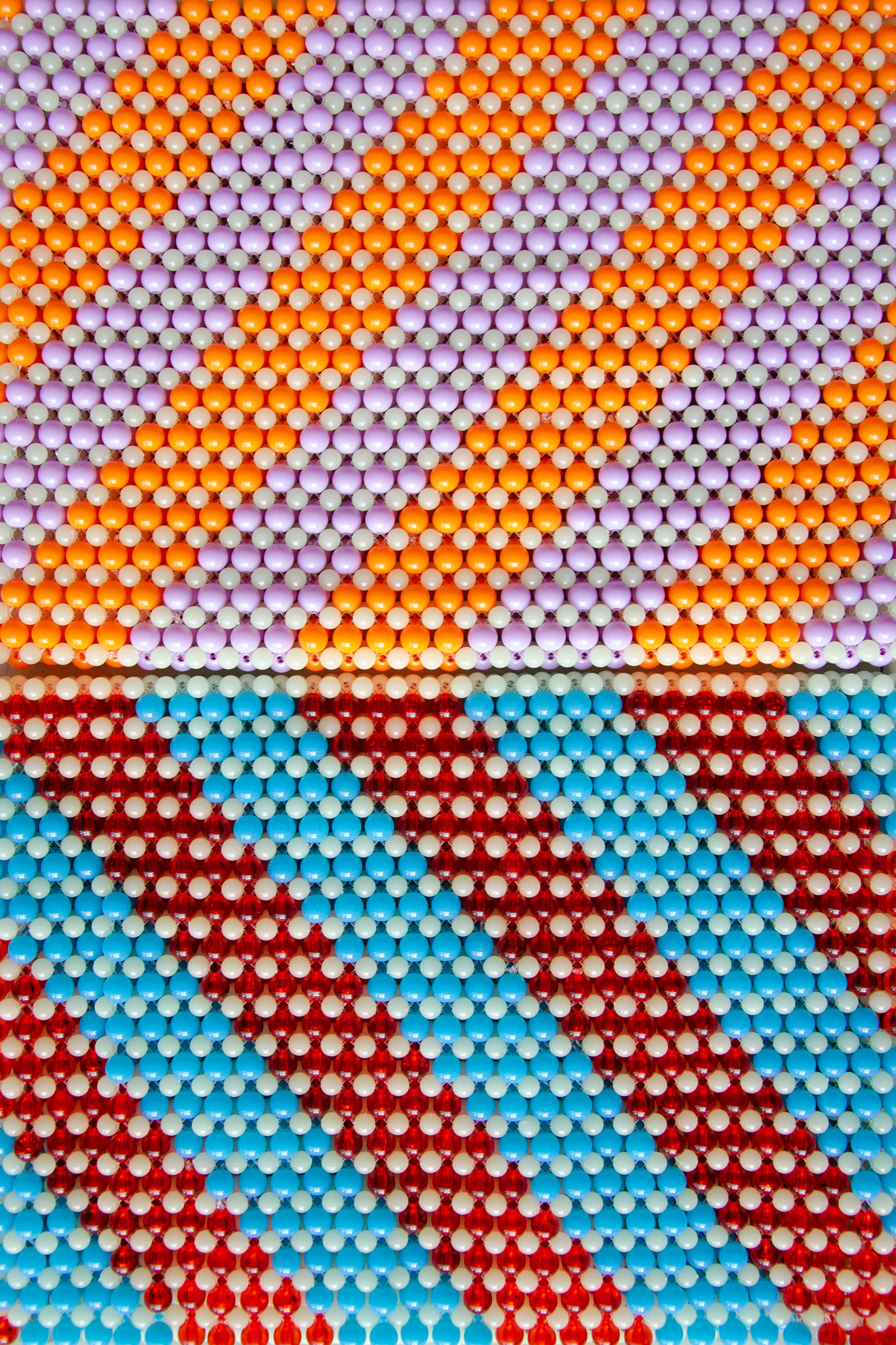What is Cosmo?
COSMO is a range of objects produced by designers and artisans who’ve fled their countries of origin. Its focus is on mutual exchange of knowledge between artisans who have fled their countries of origin and are looking for a fresh start in Europe, local artisans who already have established networks here and designers who bring their expertise and ideas to the design of the products.
COSMO stands for hand-crafted products and the promotion of interaction and dialogue. Its range of objects embodies a confluence of the diverse cultures, traditions, creativity and craftsmanship of all those involved.
COSMO starts from the immediate present and the need to find an answer to the question of how migrants can become a more active and cohesive part of a collective society. Interaction between craftsmanship and design, intercultural expertise and shared knowledge enriches; it creates new working processes, new collaborations and new products. It is a driver of change.
COSMO has no permanent premises and instead creates synergies at various locations and workshops, providing refugees with opportunities to join the workforce as employees, entrepreneurs and business partners.
COSMO produces and markets its own objects and serves as a platform for sharing new possibilities, knowledge and experience. Its focus is on collaboration informed and inspired by personal histories and cultural origins. The aim is that this intercultural dialogue will contribute to a new sense of identity.
In 2018 COSMO obtained the patronage of UNHCR - United Nation High Commissioner for Refugees
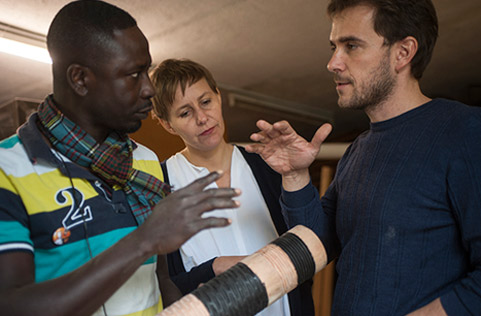

Edition N°1Time to relight
Cosmo’s first collection, Edition No.1 “Time to relight”, is a collaboration between the craftsman Bakary Darboe and the designers Angelika Burtscher and Daniele Lupo. The collaboration began by experimenting with potential woodworking techniques and by studying forms and colours typical of the Gambian craft tradition. The objects in the collection highlight the search for surface geometries obtained by clean cuts, chiselled cavities or with the woodworker’s plane. This first collection has been produced in collaboration with the workshop of carpenter Christian Mittendorfer and the wood turners Drechslerei Fritz and Benno Vinatzer.
COSMO is displayed at the Operae – Independent Design Festival, Turin, 6–8 November, 2015. This first collection is part of CreativAfrica’s Africa and Design project, conceived by the Piedmontese Centre for African Studies and the Più con Zero Association, and supported by the CRT Foundation.


Angelika Burtscher (Schruns, Austria)
Daniele Lupo (Heidelberg, Germany)
Angelika Burtscher and Daniele Lupo
are designers and curators. Since 2003 they have been sharing their ideas and working methodologies, experimenting with a long-term form of work and friendship. They are co-founders and artistic directors
of Lungomare, a platform for cultural production and design. Their work and research follows a transdisciplinary approach and focuses largely on how social and cultural projects impact the public sphere and shape our coexistence.
Bakary Darboe (Burong Village, The Gambia) Bakary Darboe was born in 1981 in the Gambia, where he trained as a carpenter and opened his own workshop. In 2014 he fled his homeland, crossing West Africa, Libya and the Mediterranean to reach Italy, where he filed for political asylum. He now lives in Turin where he awaits approval of his request. His dream is to continue his work as a carpenter in Italy and to return to his country of origin and to his family in the Gambia.
Edition N°2




The second Edition N°2 is a collaboration between Siaka Touray, Martino Gamper and Roland Battisti. The collaborative research revealed the story and the development of the company Roland Battisti. Roland represents the third generation turnover of a family business founded in 1944 from Viktor Battisti. At that time the workshop was exclusively dedicated to blacksmith work and today the work completely changed. They produce furniture and fittings for interiors in a complex and efficient network of suppliers. Siaka Touraywho in Gambia worked manually with basic tools. For COSMO we re-discovered a toolset from the first generation and we started a research on surface processing guided by Martino Gamper. The work on the second edition have been stopped when Siaka needed to continue his journey.

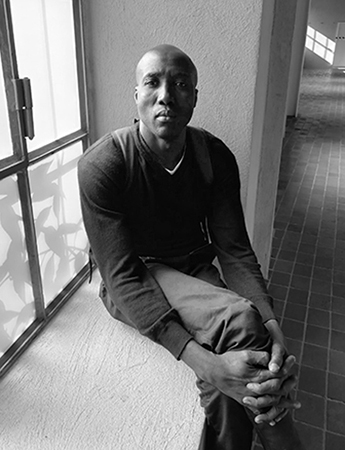

Martino Gamper (Merano, IT) Martino Gamper is an Italian designer based in London. Starting as an apprentice with a furniture maker in Merano, Gamper went on to study sculpture under Michelangelo Pistoletto at the Academy of Fine Arts, Vienna. He completed a Masters in 2000 from the Royal College of Art, London, where he studied under Ron Arad. Working across design and art venues, Martino Gamper engages in a variety of projects from exhibition design, interior design, one-off commissions and the design of mass-produced products for the cutting edge of the international furniture industry.
Siaka Touray (Alkalikunda, Gambia) Siaka Touray is a metal worker from Gambia, Alkalikunda. He decided to leave Western Africa due to the hopeless prospect of a good future amidst political tensions. Siaka hopes that Gambia finds its way from dictatorship to democracy and becomes a place where people can live a good life. Today he is living in Bolzano and eager to find a job and speak German fluently.
Metall workshop – Roland Battisti (Bolzano-Bozen, Italia) A family business founded in 1944 by Viktor Battisti. At that time the workshop was exclusively dedicated to blacksmith work. In 1978 Ferdinand Battisti took over the business, which specialised in stainless steel processing and building locksmithing. In 2006 the company was passed on to Roland Battisti, new techniques and materials as well as own designs for interior design today complement the long tradition of craftsmanship.
Edition N°3Beads
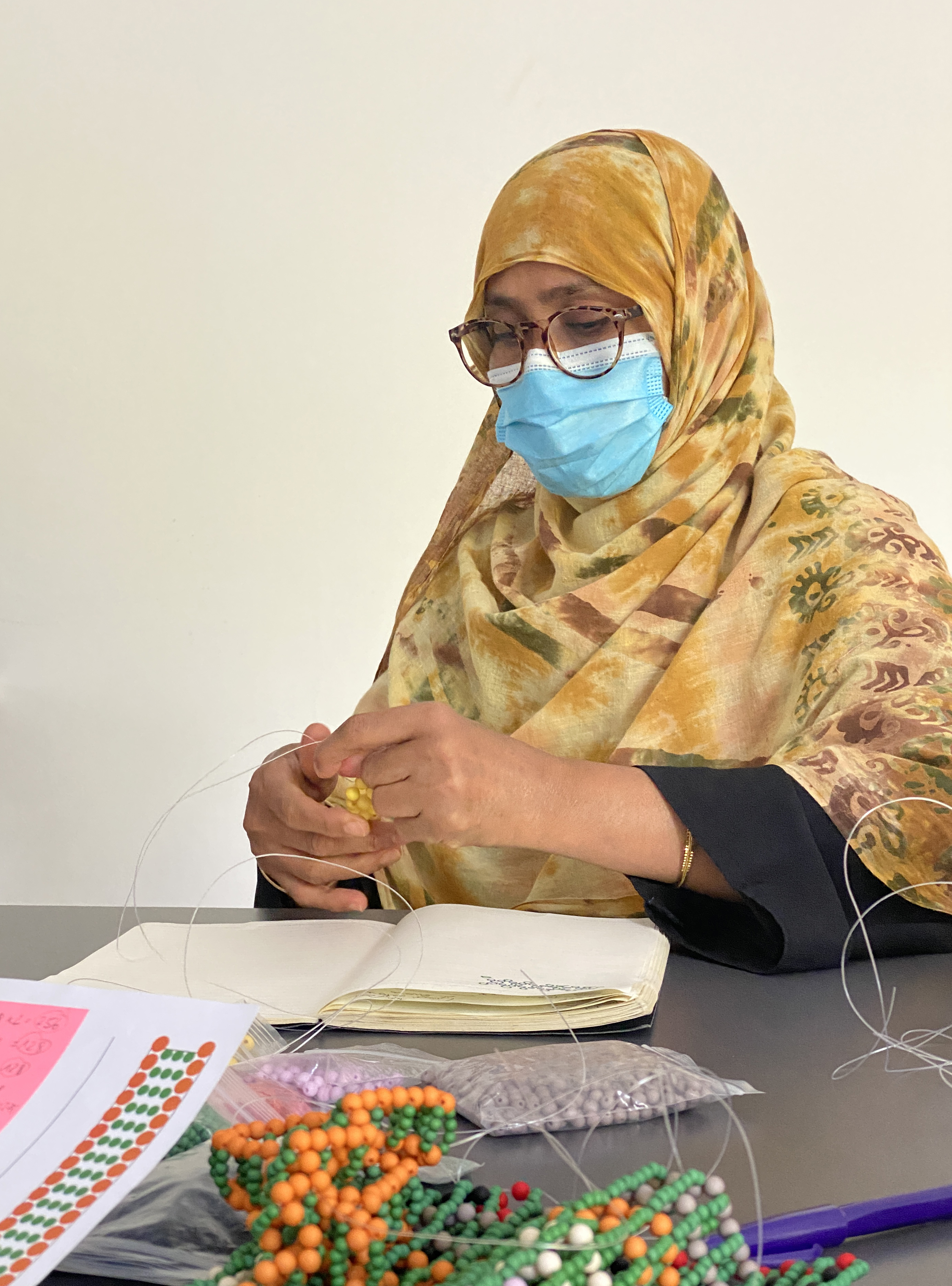
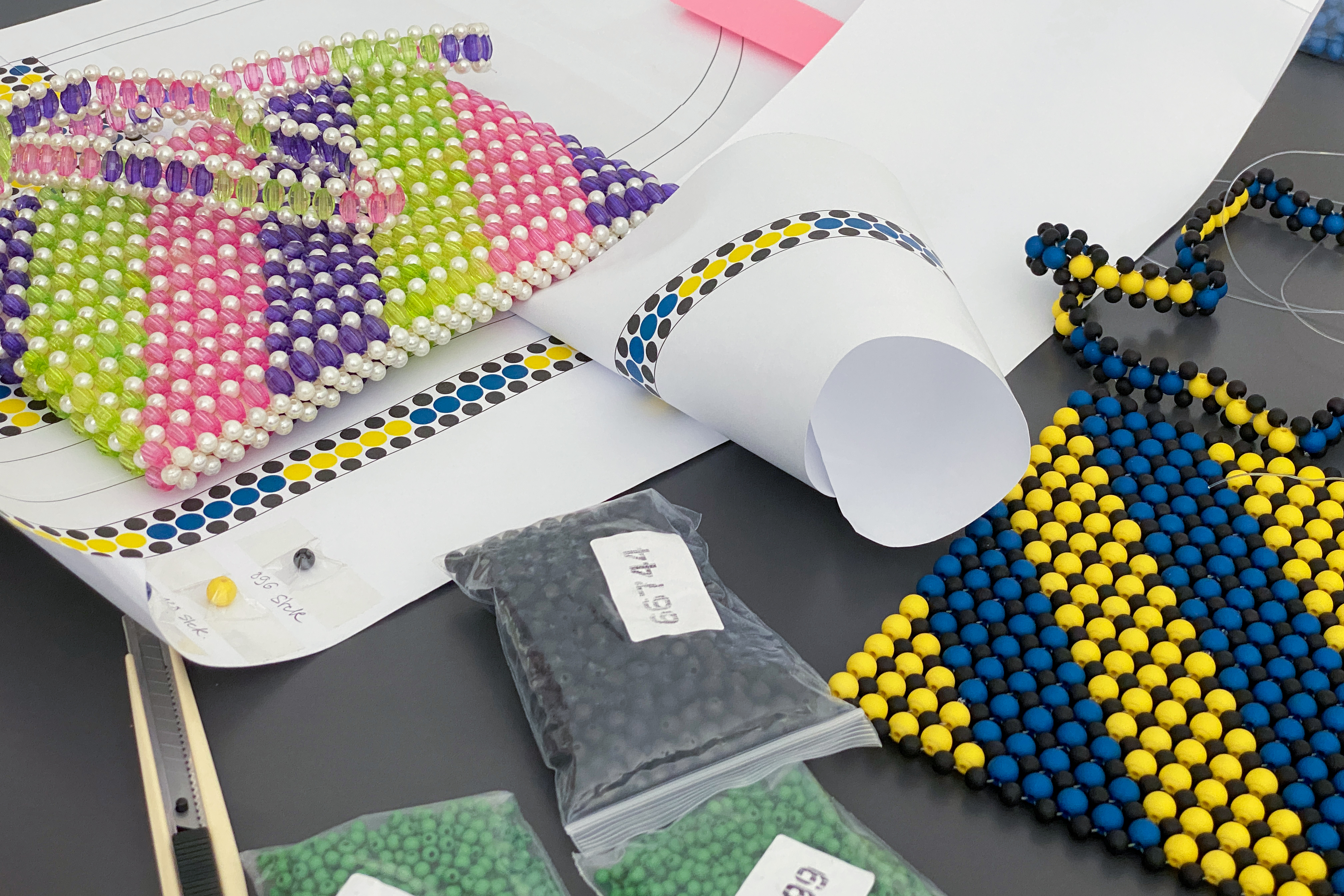


When Kira Kessler met Hazra Begum, she was immediately inspired by her objects and sculptures made of beads. Hazra Begum is a passionate embroiderer. On a trip to her home country, Bangladesh, she was fascinated by the eye-catching accessories made of colourful beads. During these years, she became increasingly proficient in the technique of threading and weaving beads.
This is how the first series of objects was created. The happy encounter of the passions of Kira Kessler, designer and artist, and Hazra Begum, craftswoman, resulted in an edition of handbags with different patterns designed and composed by Kira and professionally produced by Hazra. The bags are characterised by their brilliance, sophistication and visual strength.
Hazra Begum (Bangladesh)
Hazra Begum is originally from Bangladesh. Since
childhood, she has cultivated a passion for embroidery,
sewing and, for stringing bead until they have
become her main source of income. In 2005 she
moved to Italy. Since then she has never stopped
devoting herself to these activities, also thanks to her
children who have encouraged her to be independent
and autonomous. During a trip to Bangladesh in
2017, she took a course to learn how stringing beads.
Kira Kessler (Germany)
Kira Kessler, a designer and artist specialising in
creating inventive and avant-garde textiles. Her work
seamlessly blends an extensive array of traditional
techniques reinterpreted with cutting-edge high/lowend
technologies and offers a vivid exploration of the
multilayered relationships that define our reality and
being.
